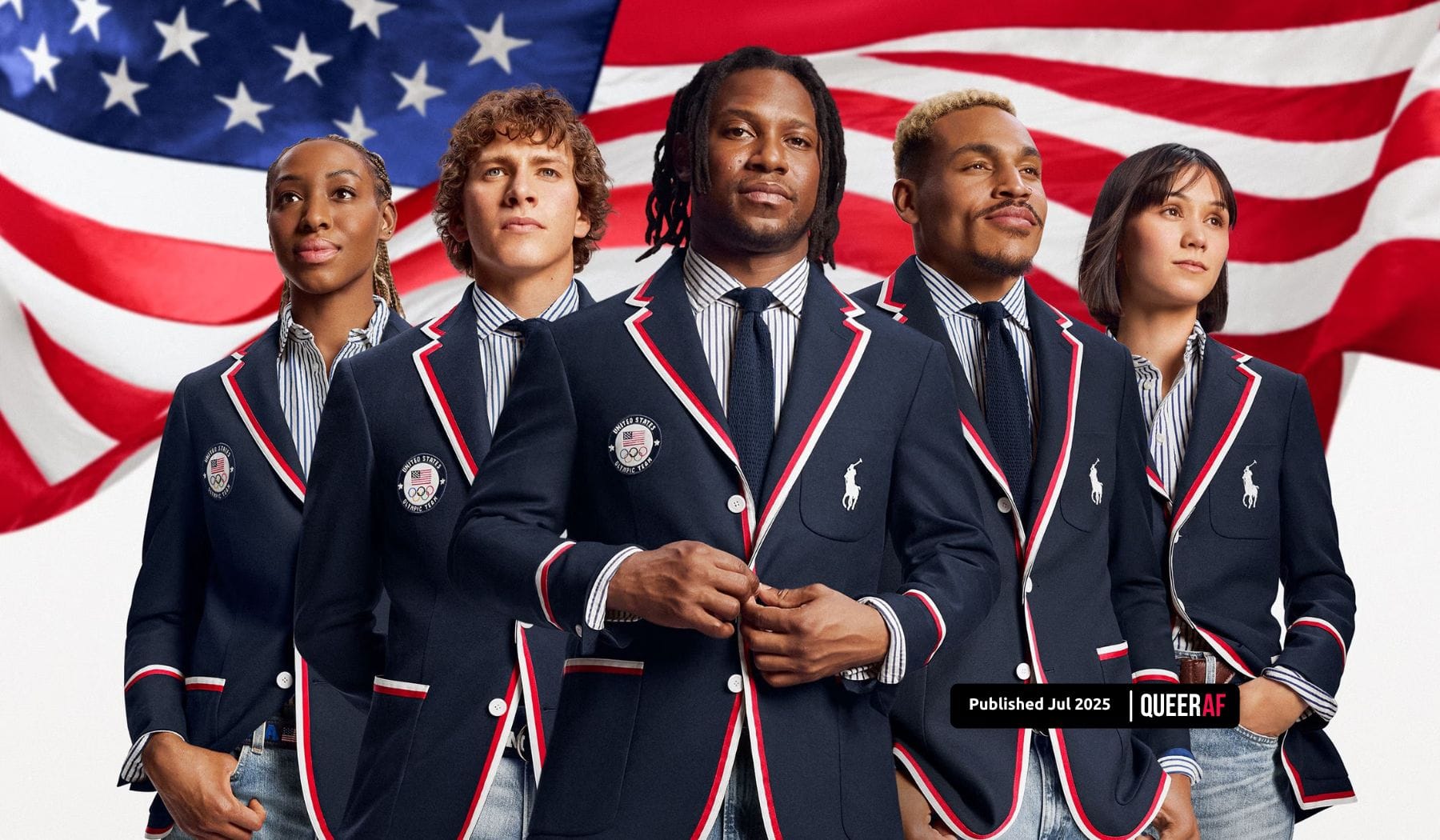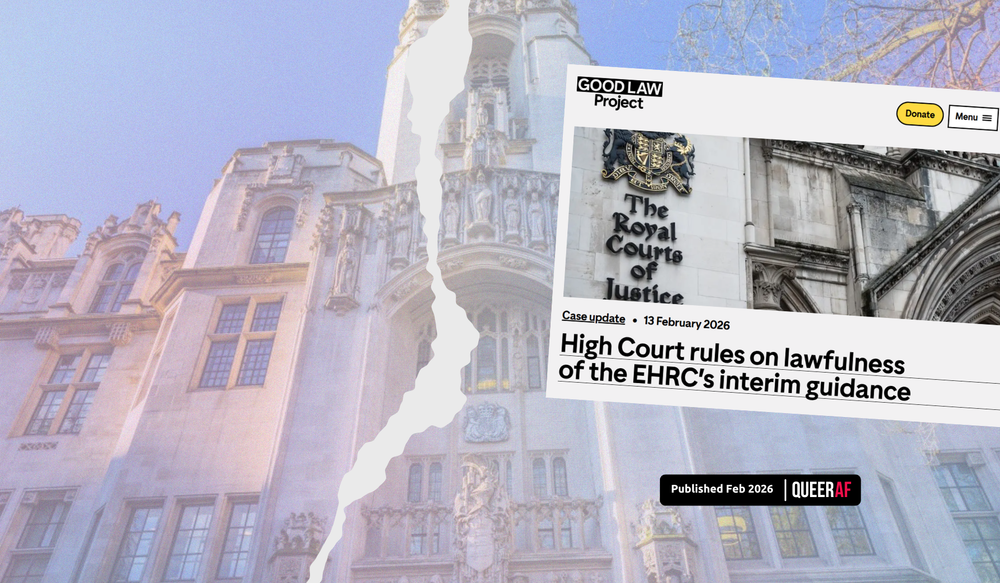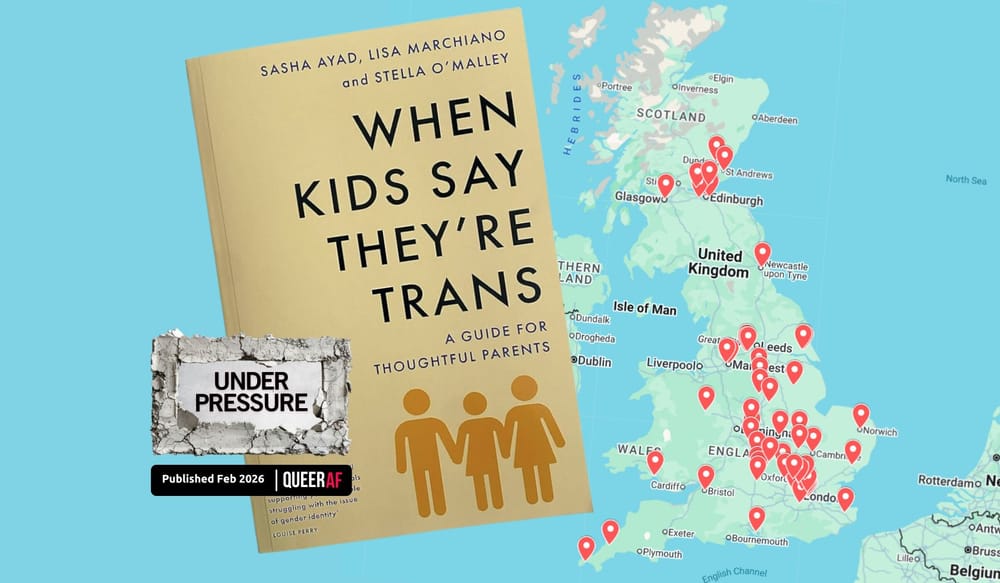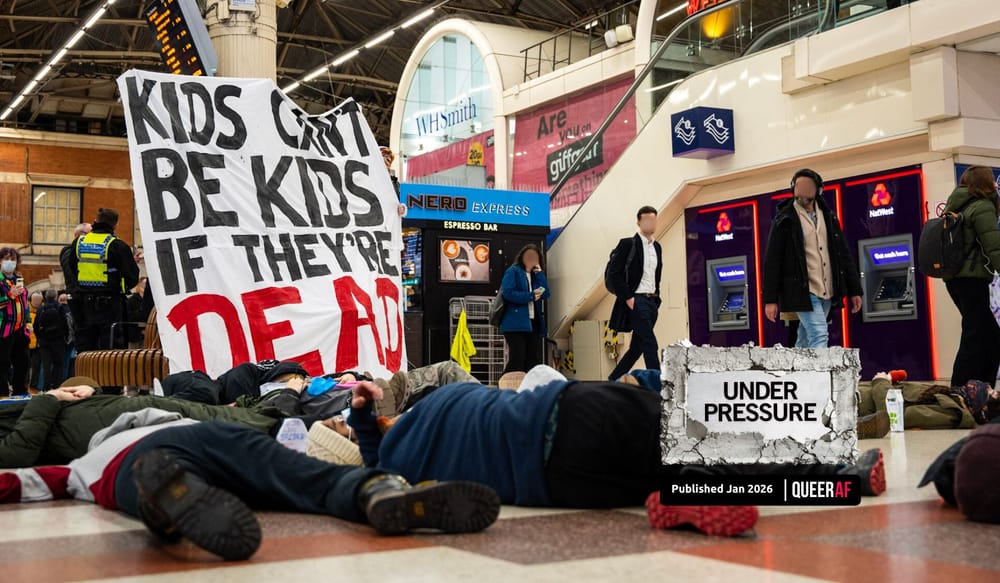TL;DR: US transgender athletes will be banned from representing the US at the Olympics in 2028, which are set to be hosted in the US. However, the new president of the International Olympic Committee has hinted that ban could extend worldwide.
The United States Olympic and Paralympic Committee (USOPC) this week voted to update its policy to bring it in line with Trump's executive order that bans transgender women from competing in women's sports.
President of the organisation Gene Sykes and CEO Sarah Hirshland referenced Trump's executive order in a memo explaining the decision to Team USA. It set out how "As a federally chartered organisation, we have an obligation to comply with federal expectations." - France 24
The organisation oversees 50 different sporting governing bodies which set standards for US sports from a grassroots to elite level. Many of these organisations follow their international sporting bodies' rules, not those set at a US level, meaning the decision is going to force many organisations to have different rules from the international standards - The Guardian
The new rules are set out over a 27 page "Athlete Safety Policy", is actually low on detail in terms of what this means, with no detail on how the ban will affect people with differences in sex development, which could leave the policy banning many elite women athletes from a range of backgrounds, including those who are not transgender - Autostraddle
The National Women's Law Center condemned the move, saying that by bowing to President Trump's "No Men in Women's Sports" executive order, “the USOPC is sacrificing the needs and safety of its own athletes." - NPR
Analysis: What does this mean for Los Angeles 2028?
It was clear from very early on in Trump's presidency that he was going to use the Olympics as a vehicle to further his anti-trans agenda on the international stage. That was a big reason his executive order banning trans athletes was put together. But ultimately, it is up to the International Olympic Committee to set the rules.
Currently, it allows sports' international governing bodies to set these rules. This decision came amid intense focus and debate. They weren't alone in deferring such decisions; internationally, with the inclusion of trans people in sports, there has been a 'pass the buck' approach from politicians and bodies looking to hand the decision over to anyone else.
However, that status quo from the IOC looks set to be challenged. Kirsty Coventry said in her first meeting as the new president of the organisation that there is now “overwhelming support” among International Olympic Committee members to “protect the female category.” She announced the organisation would shift its policy, and that a working group was currently examining how this would look. - The Guardian
Like Eurovision and the football World Cup, the Olympics are an institution that often claims it is divorced from politics, whilst simultaneously becoming an international focus for them. And as we're seeing from the new IOC president, an organisation that sets international norms for such inherently political issues.
Led by Trump's America, and with the new IOC's gender-critical approach, we're going to see increasing focus from media, politicians, and ordinary people forming opinions about transgender people taking part in sports, under the guise of 'fairness.'
Of course, this notion will be based on largely arbitrary, patriarchal concepts about gender, rather than the multitude of differences in our bodies that change the way we play sports.

We're in an acute period of attacks against our community:
A time where people who hate us are feeling more and more enabled to share, spread and communicate those attitudes.
In this period of uncertainty, you can trust QueerAF to be here - in your inbox every Saturday, to ensure you have all the latest information you need to navigate the changes, and to know how to fight back.
The kind of journalism we do week in week out, goes far beyond writing the 4000 words in this newsletter every week, or spending all week newsgathering. It requires us to build relationships with queer organisations, advocacy groups and with activists to ensure our ears are on the ground, and that we can connect the dots - so you're better equipped for the fight ahead.
QueerAF is a small team; for now, I'm the only one who works here full time and on top the news I do, I work with our network of contributors, mentees on our training schemes and freelance staff - to ensure we punch above our weight. We're both small and mighty.
But I'll level with you: we need your help. QueerAF's largest source of revenue is from people like you. That's by design. We've refused ads in this newsletter because it keeps us focused on what counts, not what clicks. It helps us stay grounded with what the community needs.
If you can, please join the hundreds of other QueerAF members who ensure our small but mighty newsletter, can take on the mainstream media and deliver you the information you need for the fight ahead.











